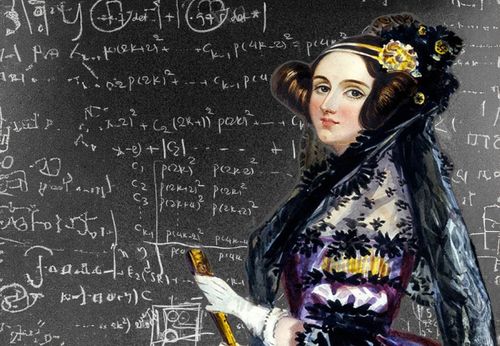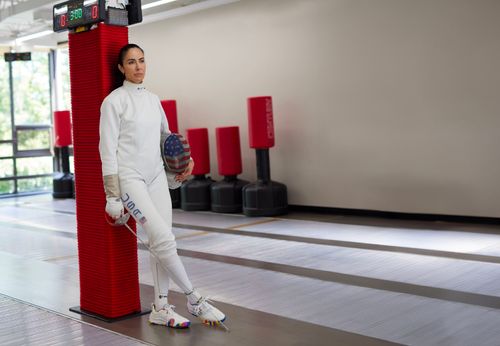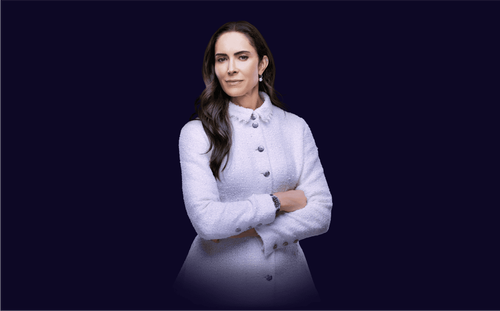Why Ada Lovelace Still Inspires How I Design for the Future
“That brain of mine is something more than merely mortal, as time will show.”— Ada Byron, Lady Lovelace
Centuries before artificial intelligence, before personalized medicine, before the words “data scientist” meant anything at all—Ada Lovelace imagined a world no one else could see.
She looked at a mechanical engine—Charles Babbage’s invention—and didn’t just see numbers.
She saw music. Logic. Pattern. Intelligence.
She believed machines might one day amplify the mind’s creative powers. This wasn’t just mathematics. It was vision.
She called it “poetical science”—the ability to blend logic with imagination. To see beyond the algorithm into the human soul.
That phrase has stayed with me. Because in many ways, it defines how I think about my own work.
The Past Isn’t Just History—It’s Blueprint
I work in what most people call “longevity.” But I don’t chase immortality. And I certainly don’t believe in the hype of biohacking for its own sake.
I believe longevity is a design challenge—one that’s part biology, part behavior, part belief. We are now living in a moment Ada might have dreamed of:
• Machines that augment human cognition
• Data that tells us how our genes behave
• Algorithms that predict health, emotion, even mortality
But with all this knowledge, we still lack one essential thing: a framework for how to live wisely inside this new reality.
That’s what I’ve built with Longevity Intelligence™—a way to think across disciplines, across time, and across generations.
Why Ada Still Matters
Ada Lovelace wasn’t just the first computer programmer.
She was the first systems thinker of the digital age.
She believed in fusing science with poetry, logic with intuition.
She believed that technology should serve—not replace—human potential.
That’s exactly what I believe today.
Longevity Intelligence™ is my modern expression of “poetical science.” It’s not just about extending lifespans—it’s about elevating life across time. That means:
• Using technology to support cognition, not outsource it
• Understanding health as a dynamic, evolving system
• Building emotional resilience alongside biological optimization
• Designing social structures that age with us—not against us
The Future Needs More Poetical Scientists
Ada Lovelace once imagined something that didn’t yet exist. So do I.
I imagine a world where 100-year lives are filled with contribution, curiosity, and connection. Where systems are adaptive, education is lifelong, and technology is human-centered. Where we don’t fear aging—we design for it.
My work is built on the shoulders of thinkers like Ada, who refused to limit possibility to what was already proven. Because the past doesn’t just teach us—it dares us. To imagine. To design. To evolve.
Final Thought
We live in a time of extraordinary tools. But tools alone don’t shape a future.
• Intelligence does.
• Design does.
• Imagination does.
In the spirit of Ada Lovelace, I’m building toward a future where longevity is not just measured in years—but in wisdom, adaptability, and purpose.
That, to me, is true human potential. And it’s why I believe we still need poetical scientists in the age of AI.



